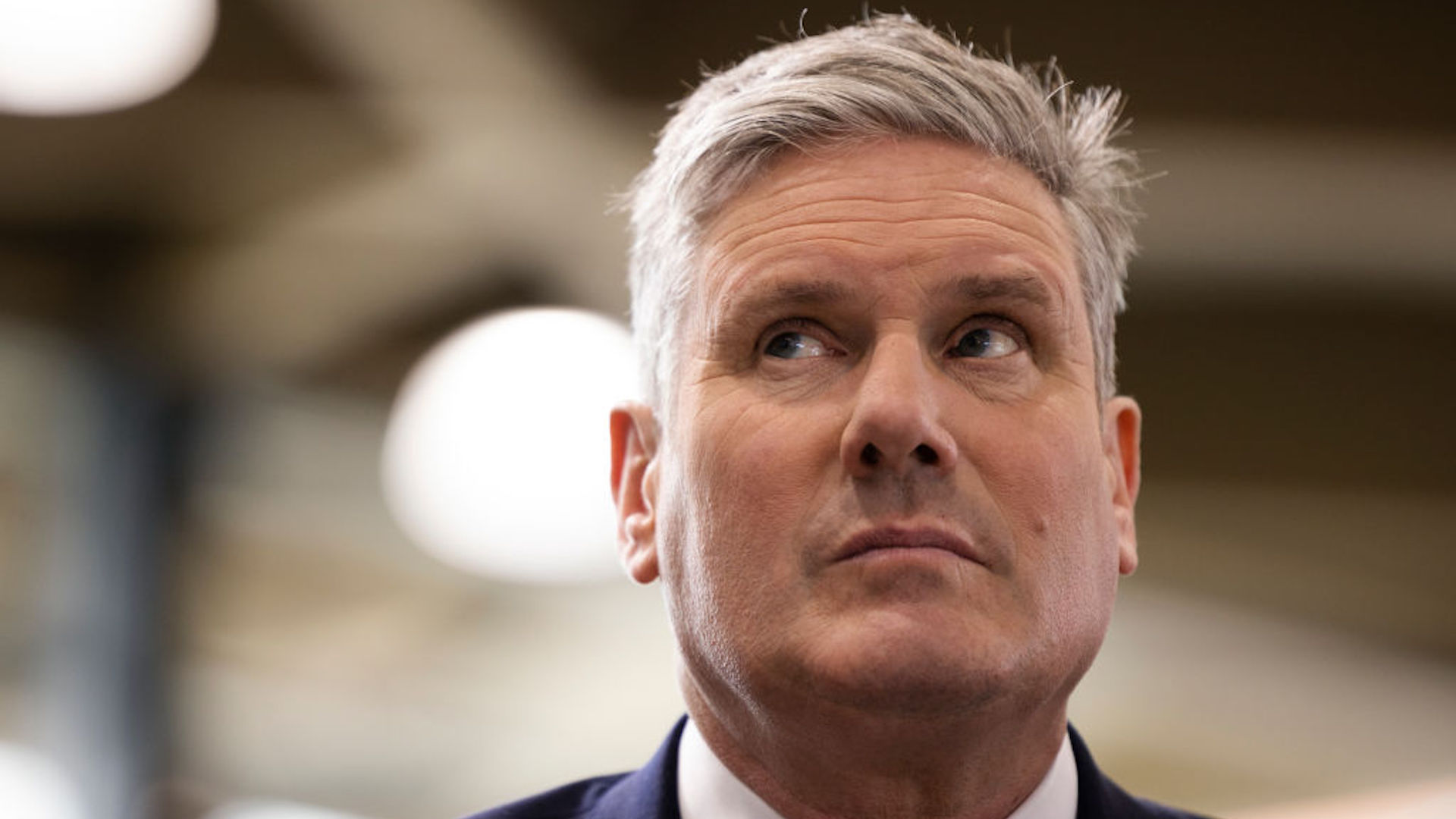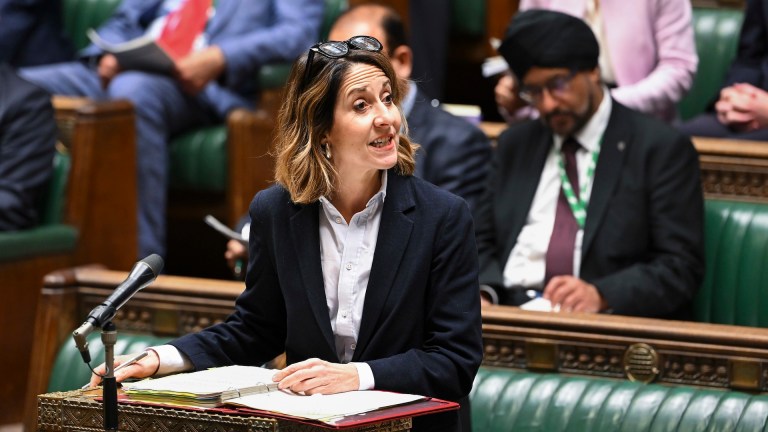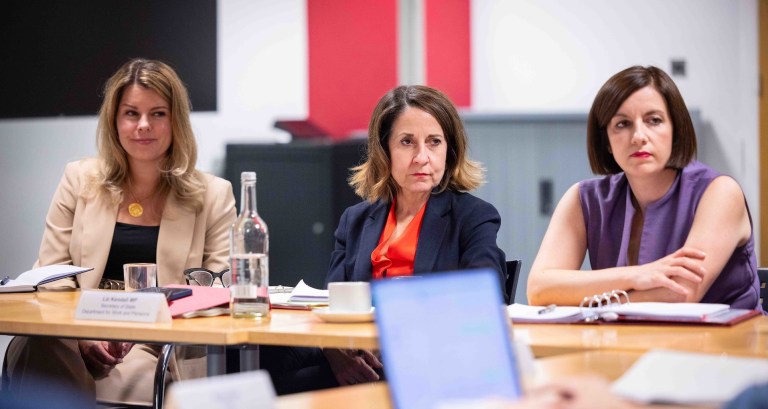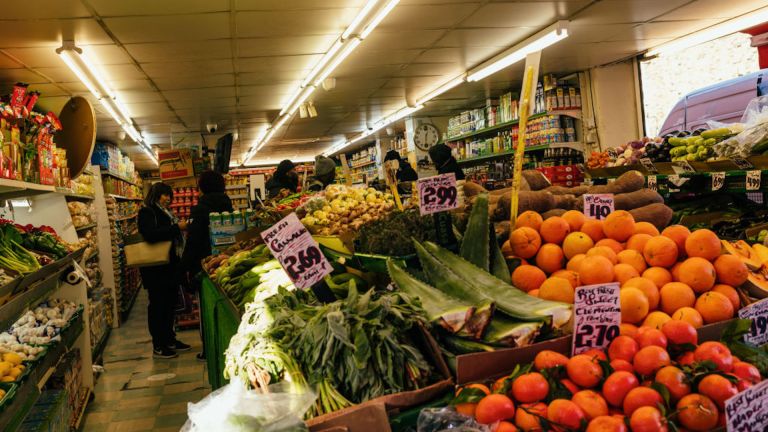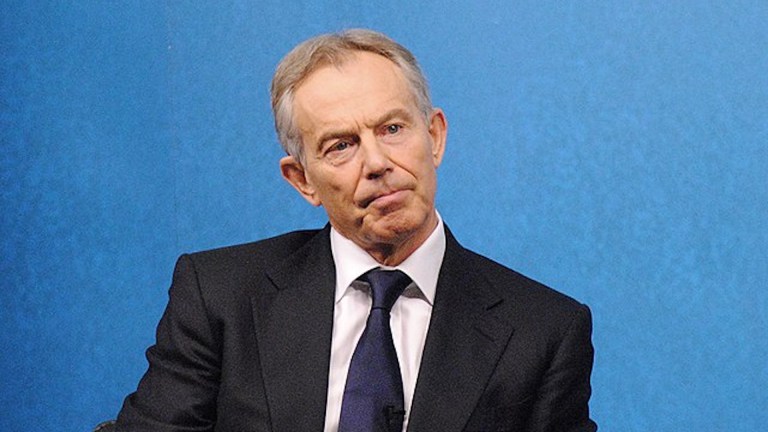Laurence Guinness, the chief executive of the Childhood Trust, said the policy was introduced on the grounds of fairness but is “anything but fair”.
Your support changes lives. Find out how you can help us help more people by signing up for a subscription
“Every day we see the devastating impact of extreme poverty on children who are malnourished, losing their teeth, unable to concentrate, wearing worn out clothes and suffering from anxiety and depression,” he said.
“The two-child benefit cap has accelerated and disproportionately deepened the extent of poverty on single parents and those from ethic minorities. Rather than encouraging parents into work it often leaves them unable to work due to the disastrous health conditions associated with poverty.”
Starmer had previously committed to scrapping the two-child limit when he ran to be Labour leader – and he has now come under fierce criticism from campaigners and other Labour MPs for his apparent U-turn and refusal to commit to scrapping the policy.
The nickname ‘Sir Kid Starver’ has been trending on Twitter this week, with Starmer compared to Margaret Thatcher, who was dubbed ‘Thatcher, Thatcher, Milk Snatcher’ for eliminating the free milk programme for kids over the age of seven.
Joeli Brearley, CEO and founder of Pregnant then Screwed said: “It is disappointing to hear that Labour will not commit to abolishing this cruel policy that has pushed hundreds of thousands of children into poverty.
“We hope that their radical plan to reform childcare and early learning will ensure maximum support for families on the lowest incomes as we know that this is one measure that can be used to reduce child poverty whilst closing the attainment gap between the richest and poorest children.”
MPs in his own party have urged Starmer to axe the Tory policy. Zarah Sultana, the Labour MP for Coventry South, tweeted: “The two-child limit is an unspeakably cruel policy, inflicting destitution and misery on children and parents. It absolutely should be abolished.”
Former Labour Leader Jeremy Corbyn said in parliament: “Where is the morality in saying that the third, fourth or fifth child of a family is any less important than the first or second child of the family? It’s a simple moral question.”
He added on Twitter: “If lifting 250,000 children out of poverty isn’t a priority, then what is?”
Campaigners and charities agree. Iain Porter, the senior policy advisor at the Joseph Rowntree Foundation, said: “This cruel and ineffectual policy must end. To state you won’t change it is deplorably offensive to the people pulled into its devastating effects.
“The need for food banks and deep poverty is being driven by a woefully inadequate social security system. It’s not a case of whether we can afford this policy; poverty is a problem we can’t afford. It is a drain on our public services, growth and productivity.
“As well as consigning the two-child limit to history, the government must ensure the basic rate of universal credit at least covers the cost of life’s essentials, with support never being pulled below that level.”
The Women’s Budget Group tweeted: “Disappointing to see @Keir_Starmer say that @UKLabour would keep the two-child benefit limit. The policy has not only further impoverished families, it also makes no economic sense.
“It’s ineffective: Research shows that it fails to achieve its intended purpose of encouraging families to make decisions based on financial circumstances. It ignores that many pregnancies are accidental, some are the result of domestic abuse.”
The Child Poverty Action Group (CPAG), which has consistently campaigned for the policy to be scrapped, estimates that ending the two-child limit would lift 250,000 children out of poverty and reduce poverty for 850,000 children.
“The benefit cap and two-child limit just have to go,” Alison Garnham, the chief executive of the CPAG, said. “They are the single most poverty producing policies in the social security system and look set to continue pushing up child poverty until they are finally abolished.
“The social security system is our main defence against family poverty and yet these policies are causing enormous hardship and as such are the least rational social policies.”
It comes in the same week a new report from the Nuffield Foundation and the University of York reveals the two-child limit and benefit cap led to the rising levels of child poverty in the 2010s, which have predominantly hit larger families.
“The benefit system is failing many families,” Alex Beer, welfare programme head at the Nuffield Foundation, said. “The two-child limit and the benefit cap are not incentivising families as the government intended and instead are leaving them unable to afford even basic necessities and affecting their mental health. These policies should be placed under review, and ideally removed.”
It is particularly impacting children from minority ethnic groups, single parents and renting households. It also has an effect on parents’ mental health, which has “knock-on effects” on children’s opportunities and wellbeing.
Dr Ruth Patrick, from the School for Business and Society at the University of York, said: “The two-child limit and benefit cap are poverty-producing policies, which fail to meet their stated aims. Both policies need to be removed urgently, as part of a broader commitment to addressing child poverty and investing in children and families. We urge the government and policymakers to engage with and act upon this new, timely and powerful evidence base.”
Guinness added: “This policy needs to be scrapped and Labour should be standing up for the most vulnerable in society and pledging to eradicate child poverty in the UK.”
Do you have a story to tell or opinions to share about this? We want to hear from you. Get in touch and tell us more.
The Big Issue’s #BigFutures campaign is calling for investment in decent and affordable housing, ending the low wage economy, and millions of green jobs. The last 10 years of austerity and cuts to public services have failed to deliver better living standards for people in this country. Sign the open letter and demand a better future.
